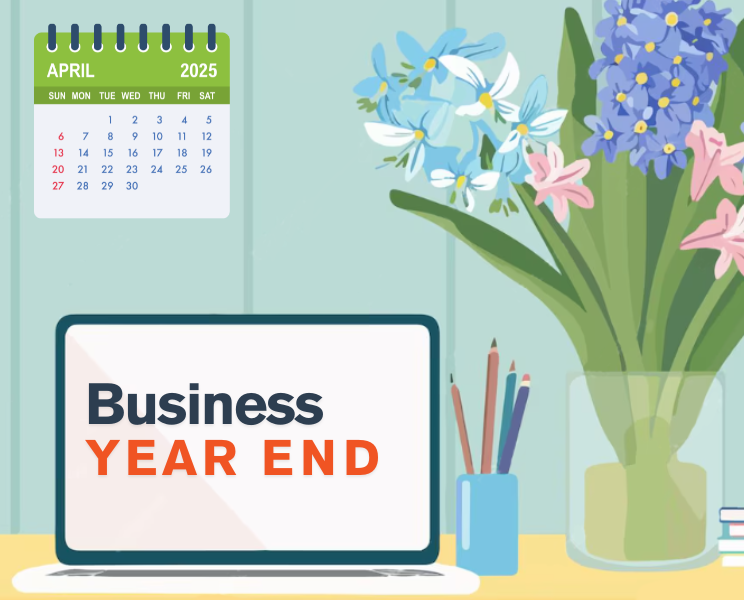Payroll? That’s the same as HR, right? Um, No. Sorry …
Whether it’s charming the next client, keeping HMRC happy, or juggling payments, the everyday function of your business can be very demanding. Once you become an employer, there are yet more duties to add to the list – but it isn’t quite as simple as just paying your employees and calculating taxes. That said, there are plenty of sources of help available to meet your obligations.
Being an employer has two aspects: Payroll (the Numbers) and HR (the People).
Only Payroll?
Most employers believe that if they are running a payroll, paying taxes and making submissions to HMRC, they are doing all they need to do. It isn’t. HR is as important – especially for a young business – as it supports the legal protections and rights for you and your employees. It also covers you if there’s an official check into the business.
A lot of aggravation, penalties, and costs can be avoided if you have a solid HR system in place, even if the worst happens. Right now, you might think that there’s nothing to be concerned about. However, the horror story of Christa Ackroyd’s tax bill may soon become the company’s problem. You need to make sure that your employees are employees, your freelancers are freelancers, and your records are watertight.
The new rules on off-payroll working for the private sector (April 2020 and onwards) may mean that you will need to pay over PAYE and NI on payments made to freelancers if HMRC believes that you’ve treated them more as employees. The tax burden would potentially fall on the business, not the ‘freelancer’. So, making sure that you have appropriate written contracts and records in place in readiness for the new rules may save you and your business from a big headache – as well as a massive tax bill.
For the most part, payroll includes:
- Calculating the hours and salaries of employees
- Adding maternity or statutory payments required
- Ensuring that relevant employees are involved in pension contributions
- Managing pension submissions to pension providers
What HR means, among other aspects:
- Keeping employees records up to date (including wage levels, proof of identity and address documents)
- Tracking holiday and sick days
- Keeping maternity and similar statutory records
- Producing and conserving employee contracts and wage agreements, for both employer and employee
- Keeping contracts for freelancers and long term consultants
- Setting policies and procedures on annual leave and working hours
- Chasing up and logging references
- Managing disciplinary matters and employee complaints
- Ensuring health and safety in the workplace
- Maintaining employee training, qualifications and certifications, where required for work purposes.
- Managing the records and paperwork of in-coming and out-going employees (P45s, redundancies, and other matters)
Whilst many items for HR interact with Payroll, they are not one and the same. Most importantly, if you have a third-party managing payroll, it is often not practical for them to manage all the HR side and it’s not their speciality. Don’t assume that it’s all being done for you. Management decisions are central to HR, and some aspects can only be tracked directly by the business, for which you need someone responsible on-site.
Don’t Panic!
A number of excellent sources of help are out there. A prime resource for small businesses is ACAS (www.acas.org.uk), which provides free advice to employers and employees, including a handy helpline. ACAS has guidance, tools and free
example templates available to help you put together the basic systems you need to manage your employees and their records. Others, like the company Bespoke HR, can work with you, from creating a bespoke service to taking over as your virtual HR department, and can ensure that you are protected and obeying the law. And then, there are other add-ons like the timesheet management app Deputy, which integrate with Xero. Deputy can help track all that pesky annual leave stuff and make sure you are compliant for leave if you have hourly workers. A great app for salaried workers is Timetastic, which we ourselves use to manage and track employee holiday.
Whatever your needs, big or small, there’s an app or helpline for it, and if you’d like to chat more about what your business needs, we’d be happy to point you in right direction. Remember: we’re the Numbers people – make sure you’ve got People people too.



